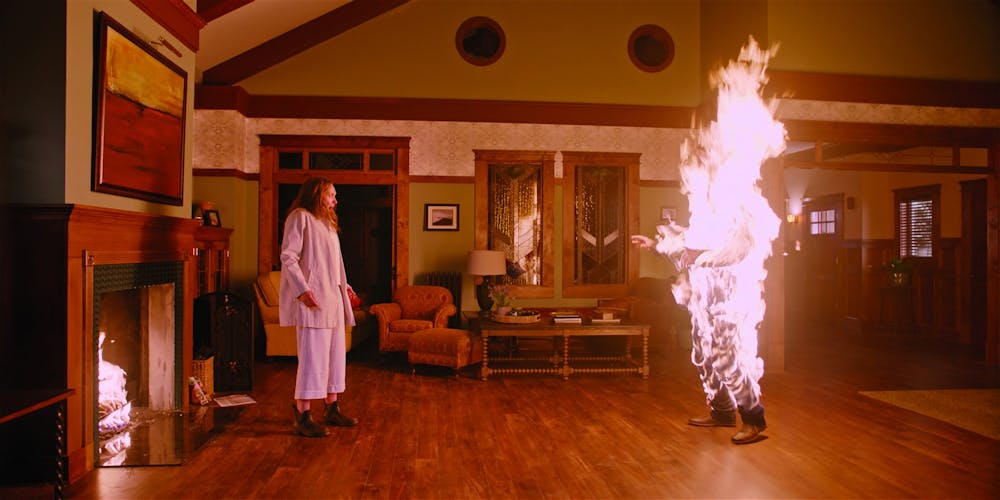Horror is being reborn. After years of drudgery in the swamps of endless “Saw” and “Paranormal Activity” films, the genre has come back swinging with hit after hit. Films like “Hereditary,” “The Witch” and “Get Out” have ushered in a new wave of horror fans who expect meaning — or at least some semblance of it — out of their viewing experience.
But “elevated horror,” as it’s called by fans, is nothing new. Horror as a genre has always provided meaningful commentary on the world we live in and the people we are. Looking back on these films as nothing more than mindless scare-fests isn’t just wrong, it’s reductive.
[Related: COLUMN: 5 unconventional horror films to watch this October]
The horror genre is historically rich. Some of the early most iconic filmmaking is horror — films like “Nosferatu” and “The Cabinet of Doctor Caligari” — have influenced filmmakers for centuries. These early German expressionist pieces sought to excite and scare their audiences. But they often delivered much more than thrills, they also commented on life in post-WWI Germany.
Since these first iterations of the genre, horror has long been a vehicle to reflect on societal ills. Take a film like George A. Romero’s 1978 classic “Dawn of the Dead.” While at the surface level the film is a straightforward zombie apocalypse flick, the film acts as a complex metaphor for the pitfalls of consumerism.
One of the most grossly misunderstood retro horror films is 1974’s “The Texas Chain Saw Massacre.” To many, the film outwardly appears to be a disgusting, low-brow gore-fest with no deeper significance. International governments certainly saw it this way, since it’s been banned in a variety of countries since its release.
However, “Texas Chain Saw Massacre” presents a reflection of a deeply flawed American system. The main antagonists — the iconic Leatherface and his family — are disenfranchised factory workers, driven to madness after the loss of their jobs. The misdeeds of capitalism create the main villains of the film.
[Related: Black Voices: Jordan Peele’s successful filmography gains another thriller]
The vast majority of horror films have something to say about society. The 1983 film “Videodrome” comments on the growing nature of easily-accessible violence — a theme that still resonates to this day. Even horror from the studio system, like 1959’s “The Mummy,” can be interpreted with meaningful themes, that being the consequences of imperialism.
Drawing from this long history, one can see that elevated horror is nothing new. Generalizing the long-standing traditions of the genre into “meaningful” and “meaningless” devalues the complex and rich past that built to this new subgenre.
Horror has always been about holding a mirror to society’s greatest fears. Elevated horror is simply the latest expression of this tendency. Learning from horror’s past and looking to its future will make the genre even better for its fans.
Danny William (they/them) is a freshman studying media.
"Support the Indiana Daily Student to beat Purdue's student newspaper, the Exponent, through making a donation to the IDS Legacy Fund! Whichever publication raises more money before the Purdue v. IU football game Nov. 26 "wins" the challenge, but all donations go to support student journalism at the respective publications. To help IU beat Purdue and support the IDS, follow this link to donate."






